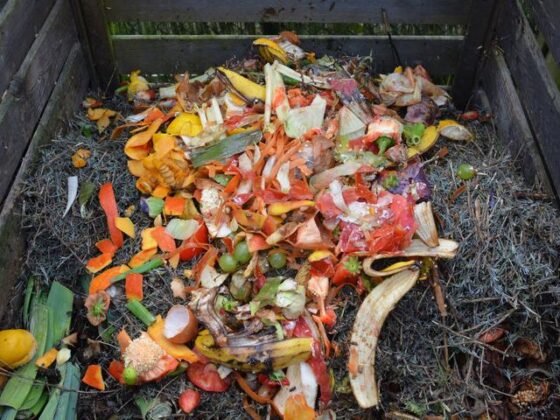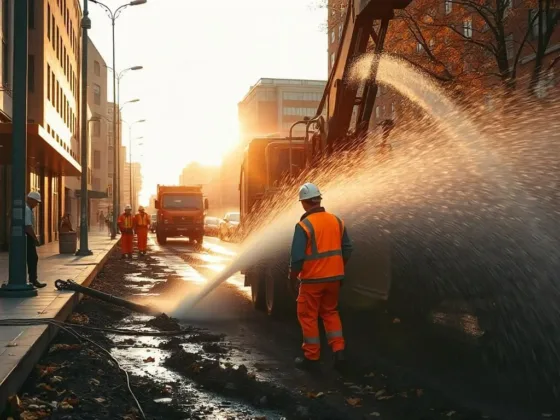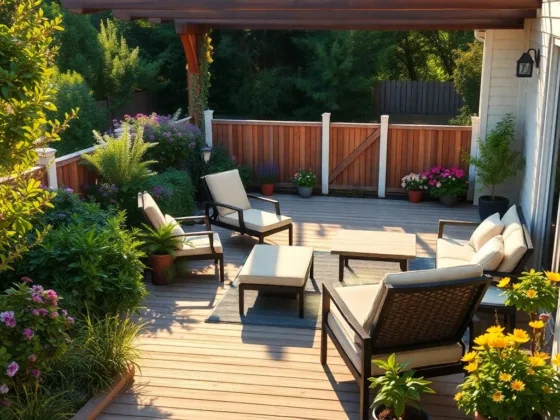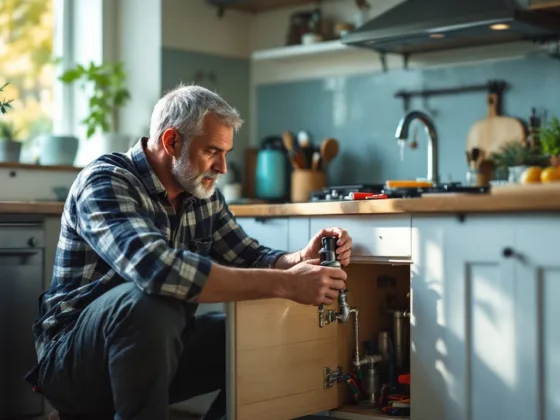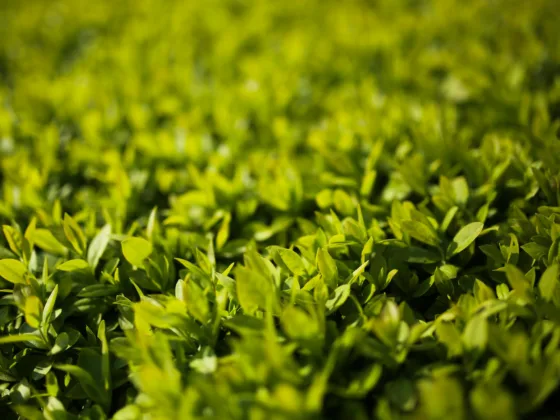Table of Contents Show
 |
| Tips For Growing Vegetables In A Small Area |
Short Overview Of Vegetable Gardening
There are many reasons why men and women decide to take on growing vegetables as a hobby. Some people feel it’s a soothing strategy to lower their anxiety levels. Some people just appreciate cultivating their own veggies intended for dinner. We started vegetable gardening to save money while producing produce without poisons, all natural.
Other people receive satisfaction from knowing that they know where some of their food is coming from. No matter what your factors for wanting to take up vegetable gardening, it is a extremely rewarding hobby.
Many people even pick to attempt to make some funds with their vegetable gardening. It is possible to make a little additional income by selling your vegetables at a local farmer’s marketplace or roadside stand, or you’ll be able to try to sell your create to a nearby wellness food store or restaurant.
When you are preparing your vegetable garden, you need to decide how huge you need your garden to be. You may be tempted to purchase dozens of distinct vegetables and all sorts of varieties, but this could be far more work than you’re genuinely ready for.
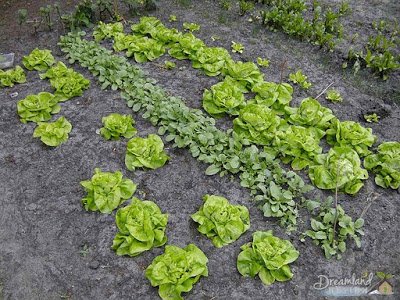 |
| Vegetables Gardening In A Small Area |
First, you need to make a list of all the distinct vegetables you’d like to plant. Write down anything that comes to mind. Do not be concerned about whether or not you’ll have time to plant or take care of something, or whether it is possible to afford it, just write down everything you’re interested in.
As soon as you have completed your list, you’ll begin narrowing it down. The first step to narrowing your list down would be to eliminate anything that you can get locally at a reasonable cost. Potatoes and cabbage, for example, are typically really affordable in most locations.
Then you must eliminate anything that you can get locally that won’t see a substantial improvement in flavor over the store-bought version. Once again, cabbage and potatoes probably will not taste substantially various in case you grow them yourself.
What you need to have on your list is the generate you cannot get locally, is generally too pricey to obtain, or would taste considerably far better when grown in your own garden. As an example, you could pick to grow fresh herbs due to the fact they are really expensive in stores.
You might need to grow tomatoes because it can be incredibly difficult to find tomatoes that taste great in stores. And you may desire to grow a variety of specialty lettuces that are difficult to find locally, or are usually a bit costly.
Most people cannot deal with caring for a extremely big garden. It truly is tough function. It might be very relaxing, however it can be back-breaking work in unbearable heat. You need to contend with dirt, bugs, heat, bending, lugging, pulling, hoeing, and weeding.
In may be miserable function should you produce a garden which is larger than you are ready to handle. If you go overboard, your fascinating hobby can rapidly turn into a nightmare. So make sure to select only those varieties which you really believe you’ll appreciate, and which you cannot easily discover locally.
In the event you only eat peas as soon as per month, don’t plant a entire row! If you detest tomatoes, do not plant them just since you believe you need to for some reason. Some people plant issues they believe look fairly in the seed catalog, although they know they will not appreciate the create!
Be careful not to get carried away. It’s tempting to plant 1 of each variety of tomato, or six various kinds of peppers. Those seed catalogs are beautiful, but maintain it realistic!
Starting A Vegetable Garden Can Really Save Some Money
For the previous 5 or 6 years I’ve watched more and more people turn to vegetable gardening to save a few dollars on grocery day. I believe the reason for the rise in veggie gardening is because of our economy and lack of job security, as well as the lack of pay increases today. It’s basically why we started growing vegetables in our backyard.
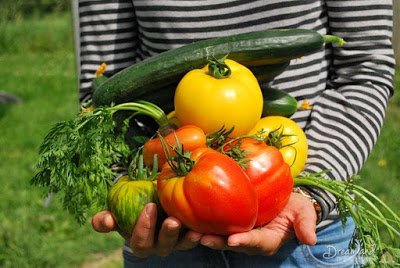 |
| Starting A Vegetable Garden Can Really Save Some Money |
Like so many others we were feeling the economic pinch and saw something somewhere that suggested starting a garden to grow vegetables. Grow a little, save a little.
We Actually Grew Vegetables And Saved Some Money
I pay much attention to how Dad grew his vegetable garden when I was a kid, as I was more into eating that figuring out how to grow veggies. Although I do remember crawling around the garden on my hands and knees pulling weeds. Our first year gardening has some mistakes but we had great results on our very first year.
We All Make Mistakes, Fix Them And Move On
I am one of those guys who thinks he knows stuff he really doesn’t so yes I did make mistakes but not so many that I gave up. The mistakes I made were fixable and I do eventually learn. The mistakes I made were not enough to dampen my spirits. Vegetable gardening, like most things in life, needs to be learning but even I was able to have a great first garden.
We Even Gave Growing Herbs Indoors A Try
Our first gardening season came and went way too fast and it was going to be nearly half a year before we could do it all again. The perfect time to grow a herb garden indoors.
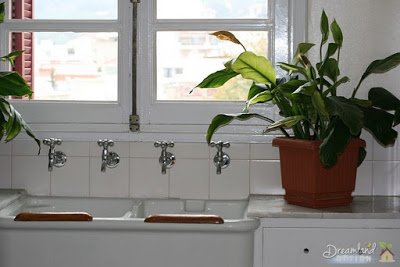 |
| Growing Herbs Indoors |
We were quite excited when our herbs started to grow. I was kind of thinking it might be harder to grow herbs in the house but it was pretty straight forward. We were able to grow them right on the windowsill in the kitchen. All we did was put soil in a pot, added herb seeds and watered them.
Our kitchen doesn’t get a lot of good sunlight during the winter so we did have to move our herb garden to the living room to get that extra sunlight. Other than that it was definitely a breeze growing kitchen herbs, and they taste so good on just about everything.
Vegetables Which Have Been Grown Organically Are Healthier And Taste So Good
Back when I was a kid every one sprayed poison on the crops, my dad wasn’t any different. It’s really amazing we lived through those times. I suffered from migraines for most of my life because I wasn’t aware I was so sensitive to pesticides. Today I use zero chemicals on our vegetables and we wash what we buy very thoroughly before consuming.
To keep the heavy dense clay in our backyard loose and healthy we produce yard waste compost and use that, along with peatmoss from our local nursery, to make our garden soil healthy and to keep it draining well. The results are vegetables with healthy stalks and leaves because of the healthy well drained root system.
To Finish
Give vegetable gardening a try and experience the great flavours and save yourself some money on your grocery bill. Even if you don’t have a lot of space you can still grow your veggies in containers. Who knows you may just find a new hobby like we did. Learn more from this vegetable gardening guide.
Tips For Growing Vegetables In A Small Area
A large amount of land isn’t necessary to grow a vegetable garden – all you really need is soil, water, plenty of sunshine and possibly a fence (to fend off interested animal parties and/or grow vegetables vertically).
You may not be able to subsist entirely on your little vegetable garden plot, but you will be able to coax plenty of succulent tomatoes from it. For your limited space, find out which plants will thrive in your region’s climate and consider how much sunlight the space receives each day.
A good garden center in your area should be able to provide you with this information (especially if you will be purchasing your seeds from them). Plant breeders have long been creating plants that will appreciate your tiny gardening space; these days you can find just about any vegetable in patio, pixie, baby, dwarf or tiny form.
While the plants are bred to be small, the fruits they produce remain of the size you’ve come to expect. Consider vining crops such as pole beans or vining cucumbers and squash. Pole beans will grow upward on a fence, and vining cucumbers and squash actually take up less space than bush varieties when trained to grow upward.
Companion Planting
Companion planting is an excellent option for those with limited space. In addition to conserving space, this method of growing will also cut down on pest infestations. In companion planting, plants which serve to benefit one another are grown together. For example, basil benefits from the partial shade of a neighboring tomato plant.
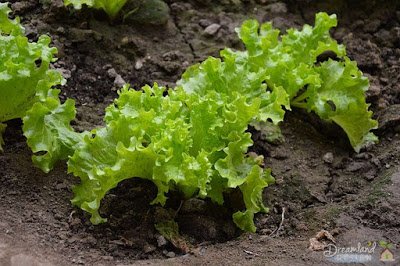 |
| Lettuce |
Lettuce will grow throughout the summer in cooler climates if shaded by a taller plant and slow-growing crops like peppers or broccoli can be planted with early harvest crops of spinach and radishes.
Succession Planting
Succession planting, or reseeding quick-growing crops every 2-3 weeks throughout the growing season, is another popular technique for the grower with limited space. (And it’s not too shabby of a technique for those with unlimited space, either.) Crops like beans, lettuce and zucchini – which tend to exhaust themselves in the production capacity – are all highly eligible candidates. Succession planting means that you’ll be able to feed your family all summer, because your garden will continuously produce vegetables.
Crop Rotation
Crop rotation, the act of moving different crops to different areas each season, is recommended for any and all gardens, and is an excellent way to keep your small soil bed free of disease and pests. Obviously, you can’t rotate much within a confined space, so you may want to consider growing different crops each year instead. In any case, you’ll have to be vigilant about the problems of disease and insects – if your tomatoes come down with a serious case of septoria wilt, consider not planting them for a season or two. It may sound like a drawback, but growing the same disappointing crop each year is akin to not growing one at all.
Having a small vegetable garden is often thought of as a drawback or simply not worth the time. This is a false assumption. It is no surprise you’ll have a smaller harvest than those growing on larger plots. But, with the right techniques and tips, you can increase your yields substantially.

